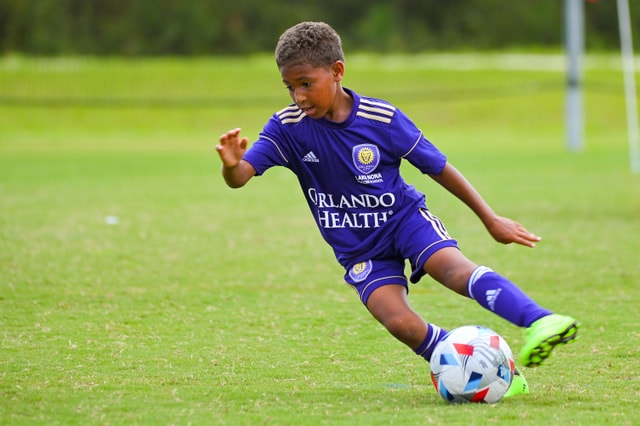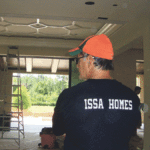
Great players never think about their first touch. They don’t have to. It’s automatic. They have practiced it so much that they are on autopilot when the ball comes to them. They can spend those next seconds (or even milliseconds) thinking about their second touch, where the ball will go next. Long? Short? Where’s the gap? Who’s coming toward me with two feet raised? But the extremely important basic technique, that without it nothing else falls into place, has already been confidently executed before that player even touches the ball.
This basic doesn’t come by accident, it can only become fully automatic after hours and hours, some say 10,000 hours of DELIBERATE practice. But this article is not about deliberate practice and how to make the first touch automatic. It’s the why.
The more things we can put on autopilot in our life, business and personal, then the more cognitive brain function we have remaining throughout the day to make bigger, more complex decisions. Think of brain cognitive function as a cell phone battery. I am pretty sure everyone reading this knows what one of those is and may even be reading this article from one! (Watch out for a future article on the perils of too much cell phone usage.) The good news is that, every day, you get a fully new charge of this truly wonderful stuff, well, that is unless you’ve been out the night before celebrating your over-30s league final victory! Each time you make a decision, a little piece of that battery gets used up just like in a normal cell phone. This is one of the reasons after a tough day you may feel “fried,” all those decisions you have been making throughout the day have zapped your brain’s cell phone battery and left you with nothing. All you have left is enough to sit on the sofa and start your Netflix binge.
Luckily for us, some things in our body are already on autopilot, such as breathing, blinking and even your heart beating. If we had to consciously think about these things every time we needed to do them, i.e., every second of every day, then we’d be walking about like zombies with zero cognitive function remaining for anything else.
The question is, like other high achievers, what more can you put on autopilot? And it doesn’t have to be skills like your first touch that take hours and hours to practice. What everyday tasks can you take out of your cognitive bucket to your autopilot buckets, thus freeing up good, juicy brain function for tasks and projects that actually need it?
What routines in these areas of your life can you put on autopilot to free your brain’s decision-making battery charge for the complicated stuff?
- Waking up (first 60 minutes of your day)
- Leaving the house
- Arriving at the office
- Leaving the office
- Arriving home
- Last 60 minutes of your day before bed
You will be amazed at the difference it has in your day, the difference between something as simple as eating at the same time and the same thing every day has. No need to think about it, no need to waste brain function on, “Oh, what shall I have today, and I wonder what everyone else wants so we can waste 30 minutes taking an office poll on what to get and then another 30 on actually ordering and collecting.” No need. It’s 12 p.m., there’s my salad in its cooler, and I am going to sit and eat it. Autopilot.


